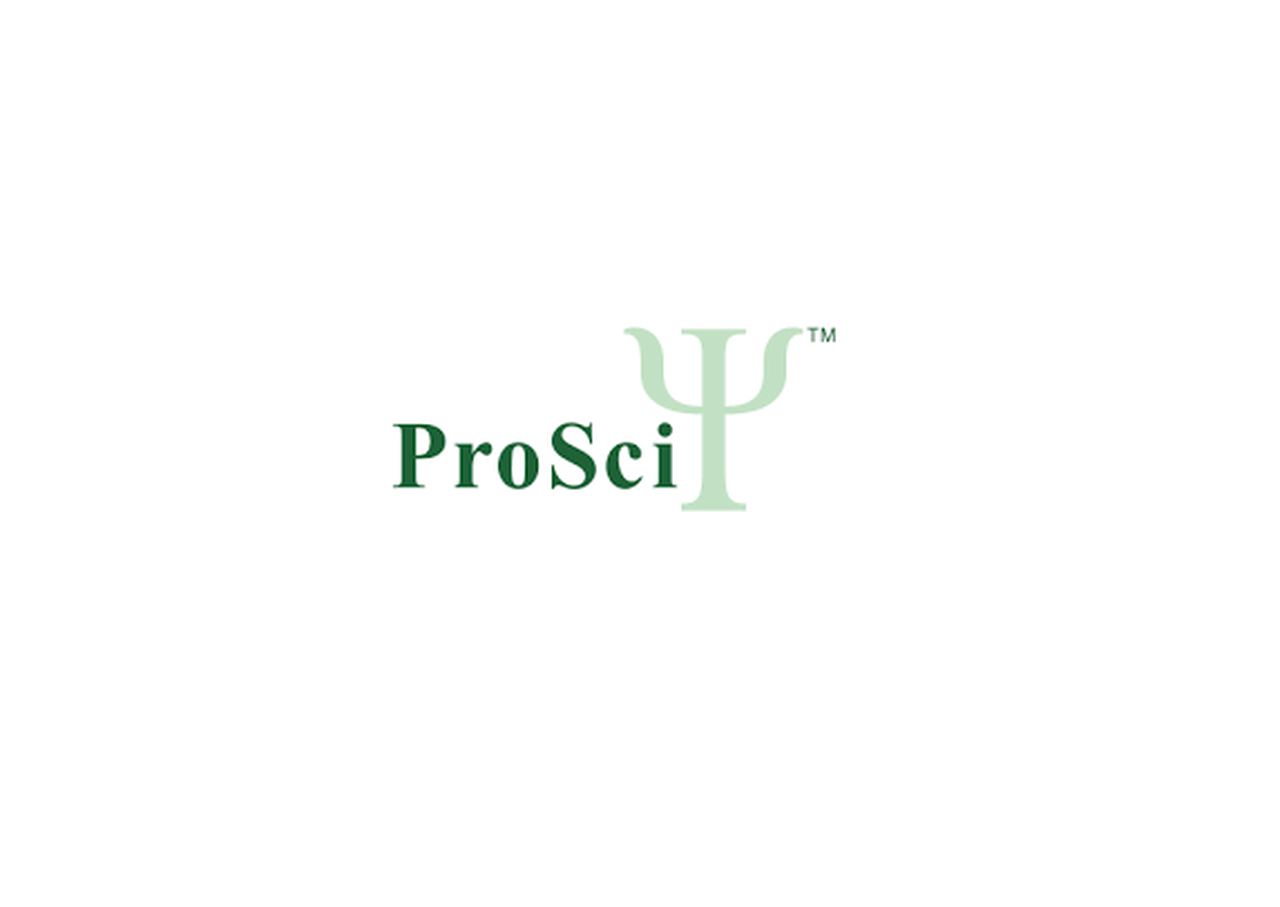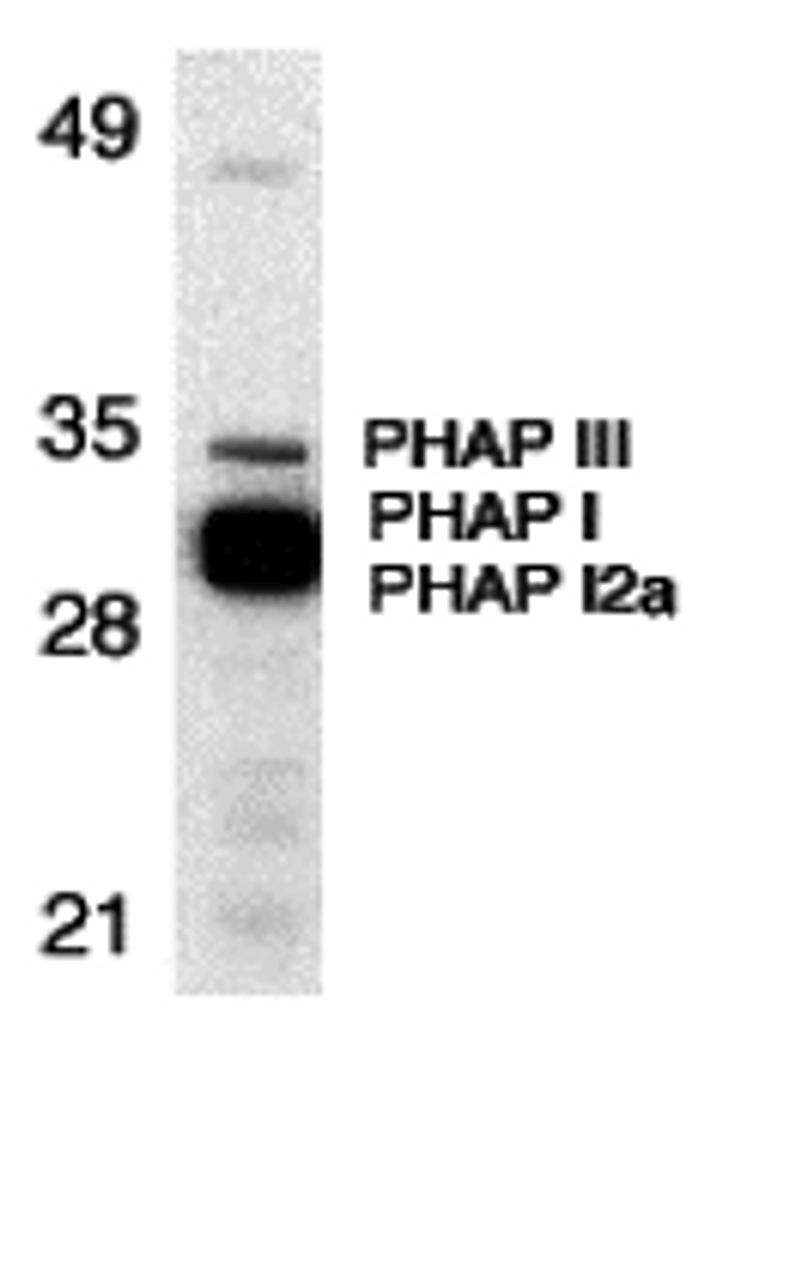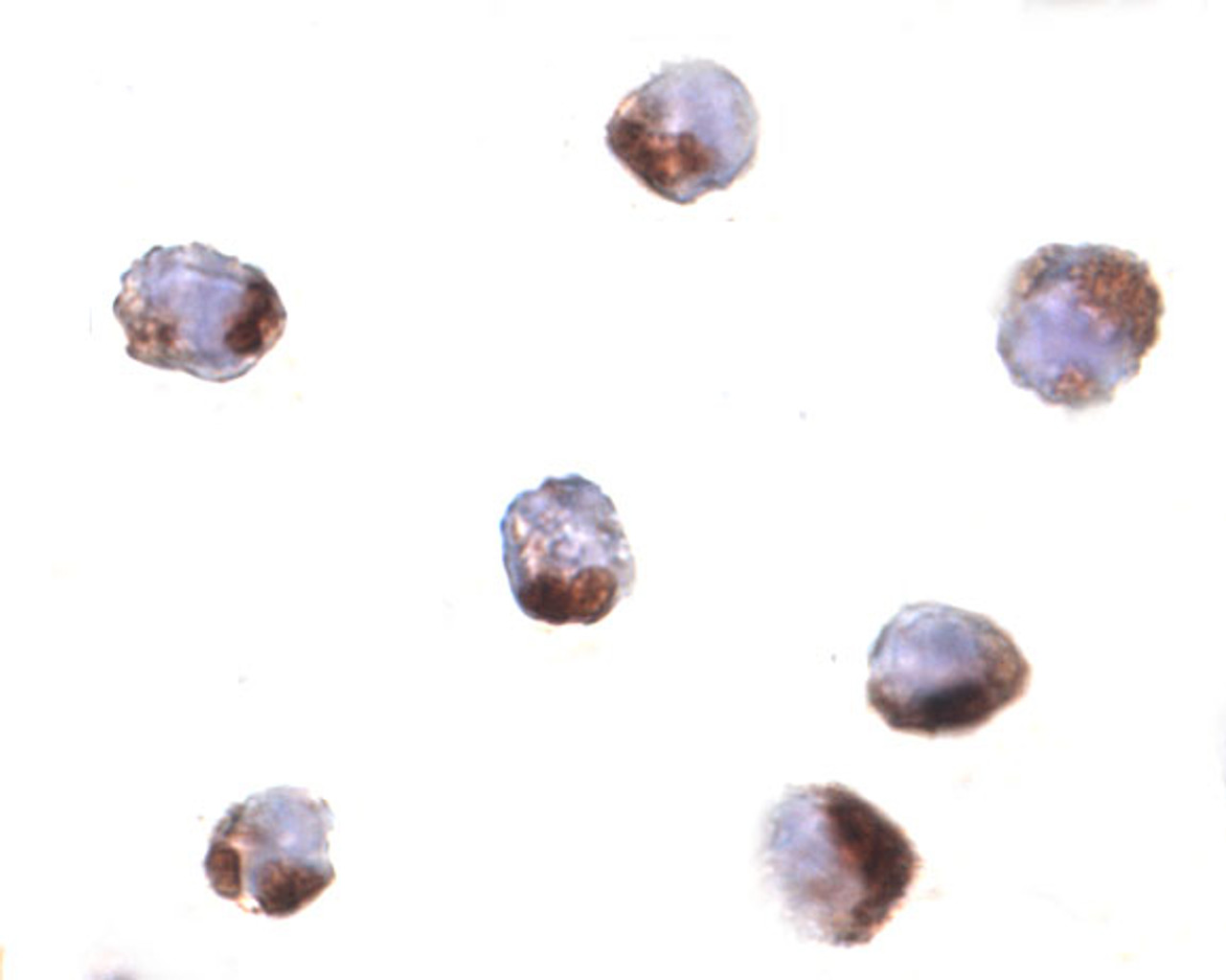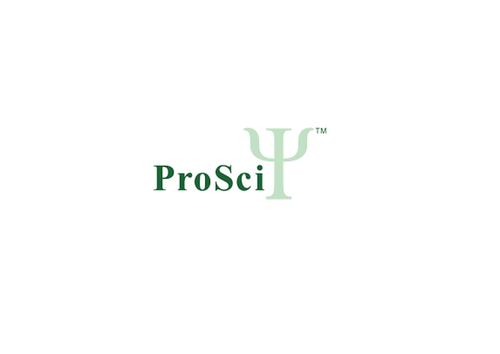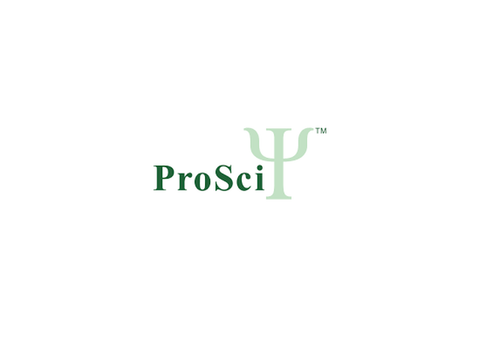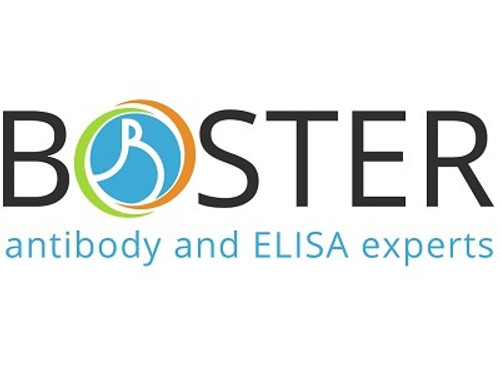Product Description
PHAP Antibody | 3149 | ProSci
Host: Rabbit
Reactivity: Human, Mouse, Rat
Homology: Predicted species reactivity based on immunogen sequence: Sheep: (100%) , Bovine: (100%)
Immunogen: PHAP antibody was raised with a synthetic peptide corresponding to amino acids at amino terminus of human PHAP.
The immunogen is located within the first 50 amino acids of PHAP.
Research Area: Apoptosis
Tested Application: E, WB, IHC-P
Application: PHAP antibody can be used for detection of all three identified isoforms of PHAP including PHAP I, PHAP I2a, and PHAP III by Western blot at 1 μg/mL. Antibody can also be used for immunohistochemistry starting at 1 μg/mL.
Antibody validated: Western Blot in human samples and Immunocytochemistry in human samples. All other applications and species not yet tested.
Specificiy: N/A
Positive Control 1: Cat. No. 1207 - Raji Cell Lysate
Positive Control 2: Cat. No. 17-007 - Raji Cell Slide
Positive Control 3: N/A
Positive Control 4: N/A
Positive Control 5: N/A
Positive Control 6: N/A
Molecular Weight: N/A
Validation: N/A
Isoform: N/A
Purification: PHAP Antibody is affinity chromatography purified via peptide column.
Clonality: Polyclonal
Clone: N/A
Isotype: IgG
Conjugate: Unconjugated
Physical State: Liquid
Buffer: PHAP Antibody is supplied in PBS containing 0.02% sodium azide.
Concentration: 1 mg/mL
Storage Condition: PHAP antibody can be stored at 4˚C for three months and -20˚C, stable for up to one year. As with all antibodies care should be taken to avoid repeated freeze thaw cycles. Antibodies should not be exposed to prolonged high temperatures.
Alternate Name: PHAP Antibody: LANP, MAPM, PP32, HPPCn, PHAP1, PHAPI, I1PP2A, C15orf1, LANP, Acidic leucine-rich nuclear phosphoprotein 32 family member A, Acidic nuclear phosphoprotein pp32
User Note: Optimal dilutions for each application to be determined by the researcher.
BACKGROUND: PHAP Antibody: Apoptosis is related to many diseases and development. Caspase-9 plays a central role in cell death induced by a variety of apoptosis activators. Cytochrome c, after released from mitochondria, binds to Apaf-1, which forms an apoptosome that in turn binds to and activate procaspase-9. Activated caspase-9 cleaves and activates the effector caspases (caspase-3, -6 and -7) , which are responsible for the proteolytic cleavage of many key proteins in apoptosis. The tumor suppressor putative HLA-DR-associated proteins (PHAPs) were recently identified as important regulators of mitochondrion apoptosis. PHAP appears to facilitate apoptosome-medicated caspase-9 activation and to stimulate the mitochondrial apoptotic pathway. PHAP was also shown to oppose both Ras- and Myc-medicated cell transformation.
 Euro
Euro
 USD
USD
 British Pound
British Pound
 NULL
NULL

